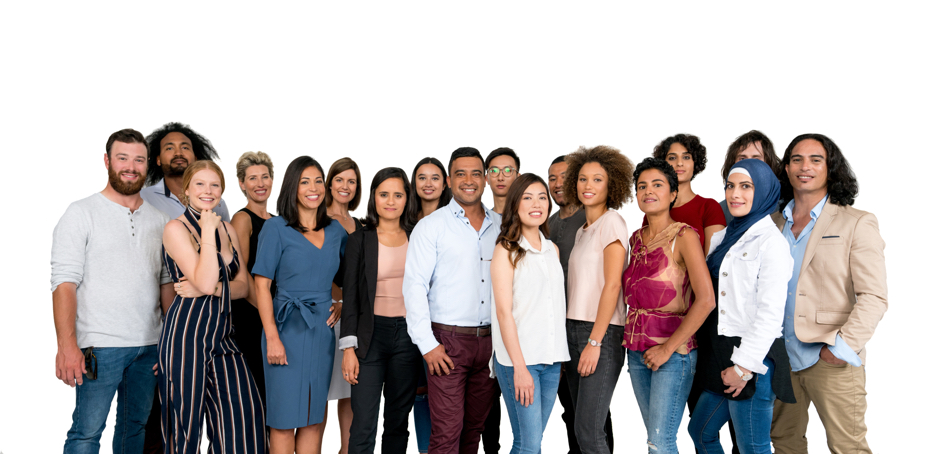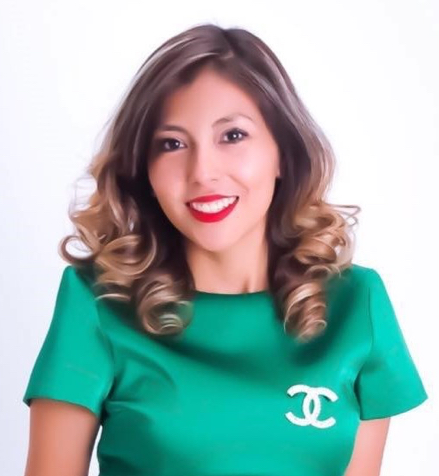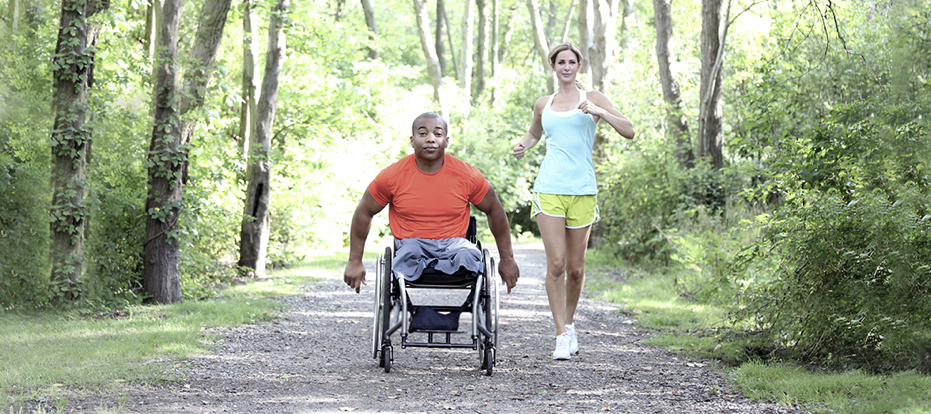For Gus, the All of Us Research Program is not just a hope for medical breakthroughs in the future. It’s a way to make every day count now. When Gus learned that he had amyotrophic lateral sclerosis (ALS), doctors told him there was nothing he could do. But Gus disagreed. He knew he could use his voice to help others. Today, Gus is a participant ambassador for All of Us, sharing his ideas with the program and spreading the word about this chance to contribute to research. “When a person feels like they have purpose,” he says, “it makes a big difference.”
Gus is just one of the tens of thousands of people across the United States who are a part of All of Us. Since the program’s national launch 1 year ago, more than 190,000 people have joined. All of Us, which will last at least 10 years, seeks to enroll one million or more participants who will share information about their health over time.
“Each one of us has our own reason for joining,” says All of Us Research Program Director Eric Dishman, “and each of us has our own contribution to make to research.”
We know that our genes, lifestyle, and environment all affect our health. Participants can share information about many parts of their lives, from what they eat to their family medical history. All of Us will gather all this information in the largest research database of its kind.
“By looking at the things that make us unique,” Mr. Dishman says, “All of Us may unlock new ways to improve health for everyone.”
Francis S. Collins, M.D., Ph.D., is director of the National Institutes of Health (NIH), which supports All of Us. “Precision medicine has the power to transform health care,” Dr. Collins says. “And with its size, innovation, and commitment to diversity, this ambitious program will bring us substantially closer to delivering on the promise of precision medicine.”
Katie Baca-Motes, M.B.A., is director of the All of Us Participant Center at the Scripps Research Translational Institute. “We’re proud of the many program accomplishments to date,” she says, “and look forward to the new initiatives on the horizon—in particular, the integration of mobile apps and digital health devices to collect and analyze an unprecedented range and depth of health data.”
All of Us is looking ahead to an even more exciting future. Over the next year, the program will open up the data for research.
In Gus’s opinion, by truly listening to participants like him, the program is already winning. “If everyone shares in an idea, that’s a huge success. We’re all in this together.”







